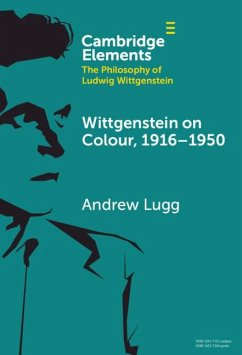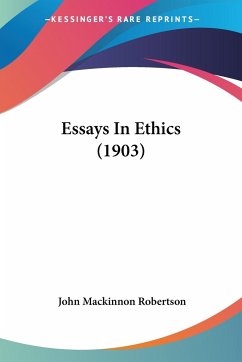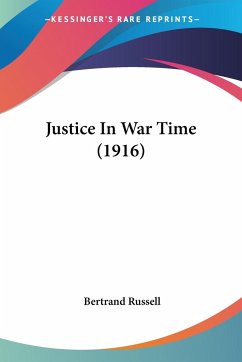
Justice In War Time (1916)
Versandkostenfrei!
Versandfertig in 1-2 Wochen
29,99 €
inkl. MwSt.

PAYBACK Punkte
15 °P sammeln!
Justice In War Time is a book written by the renowned philosopher and mathematician Bertrand Russell in 1916. It is a collection of essays that discuss the ethical and moral implications of war, and the role of justice in times of conflict. Russell examines the causes of war, the nature of violence, and the impact of war on individuals and society. He also explores the concept of just war, and questions whether it is ever possible to justify the use of violence in the pursuit of peace. Russell's arguments are informed by his own experiences as a pacifist during World War I, and his belief in t...
Justice In War Time is a book written by the renowned philosopher and mathematician Bertrand Russell in 1916. It is a collection of essays that discuss the ethical and moral implications of war, and the role of justice in times of conflict. Russell examines the causes of war, the nature of violence, and the impact of war on individuals and society. He also explores the concept of just war, and questions whether it is ever possible to justify the use of violence in the pursuit of peace. Russell's arguments are informed by his own experiences as a pacifist during World War I, and his belief in the importance of reason and compassion in resolving conflicts. This book is a thought-provoking and insightful reflection on the complex and challenging issues surrounding war and justice.This scarce antiquarian book is a facsimile reprint of the old original and may contain some imperfections such as library marks and notations. Because we believe this work is culturally important, we have made it available as part of our commitment for protecting, preserving, and promoting the world's literature in affordable, high quality, modern editions, that are true to their original work.



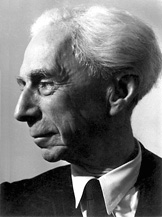

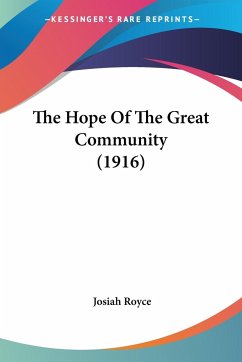
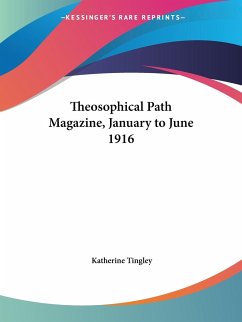
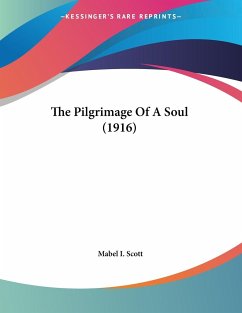
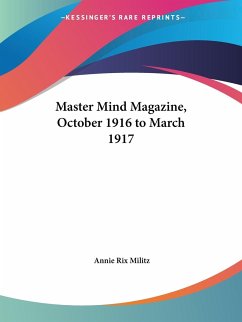
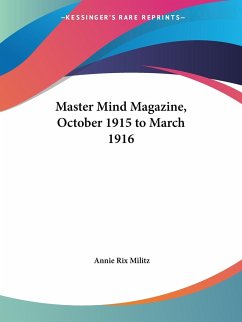
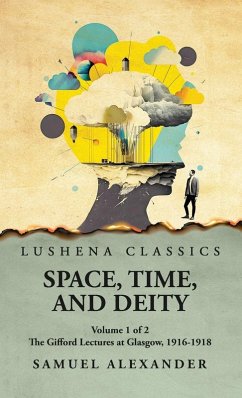
![Space, Time and Deity [microform]: the Gifford Lectures at Glasgow, 1916-1918 Cover Space, Time and Deity [microform]: the Gifford Lectures at Glasgow, 1916-1918](https://bilder.buecher.de/produkte/66/66199/66199918n.jpg)
